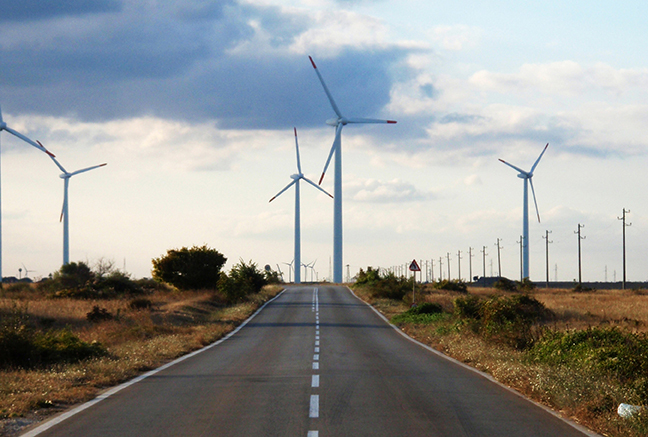5 reasons 500 companies have made commitments to climate action
We Mean Business
Corporate-level commitments to take action against climate change are gaining unprecedented momentum as the business case becomes ever more compelling.
More than 500 companies with over $8.1 trillion in annual revenue have now made over a thousand ambitious commitments as part of the We Mean Business coalition’s (WMB) take action campaign. These companies represent a huge variety of sectors, including heavy emitters such as power and cement producers, and cover all major geographies around the globe.
The commitments now include more than 200 of the world’s biggest companies setting targets through the Science Based Targets initiative, such as Walmart, General Mills, Diageo and recently joined United Technologies Corporation. While 87 companies have committed to source 100% renewable electricity as part of the RE100 commitment, including Google, Apple General Motors, and new joiners Danske Bank and Gatwick Airport.
Here are 5 reasons that have helped drive 500 companies to commit to take action on climate change:
The costs savings are enormous
Businesses are realising huge cost savings as a direct result of driving down emissions, proving taking action on climate change is good for the bottom line. For example, Walmart has saved nearly $1 billion in the past fiscal year and avoided emitting almost 650,000 metric tons of CO2, by doubling the efficiency of its US fleet between 2005 to 2015.
General Motors is saving an estimated $5 million annually by using renewable energy, and it expects such savings to rise significantly as more projects come online and supply increases. And by using wind power at just one of its plants, Tata Motors saved the company more than $2.5 million in fiscal year 2014-15, because it didn’t have to pay for grid electricity.
Business emission reduction targets have a global impact
The benefits of climate action can spread beyond the company to positively impact a huge variety of connected industries, from the power grids providing industries with electricity to the supply chains companies rely on.
RE100 Member companies (87 and growing) are now creating demand for approximately 107 TWh of renewable power annually; around the same amount of electricity as consumed by The Netherlands.
While a recent report from CDP, tracking the emissions from supply chains found that leading suppliers disclosed reductions equivalent to 434 million tonnes of carbon dioxide from reduction projects – greater than the annual emissions of France. This resulted in a reported $12.4 billion in savings, more than double the figure from 2015.
Emission reductions are good for growth
Emissions reductions not only help the bottom line through cost savings, but prove to be an engine for growth as well.
Extensive analysis of over 1,000 companies, by CDP, highlights a core group of 62 companies that have achieved the elusive goal of delivering impressive and reliable revenue growth, while reducing greenhouse gas (GHG) emissions.
Over a five-year period, the revenues of the businesses that managed decoupling grew by an average of 29% and their emissions fell by 26% overall; in contrast with those companies not achieving decoupling that saw revenue decline by 6% on average, while their GHG emissions grew by 6%.
Meanwhile, analysis by WMB in partnership with CDP shows that companies taking climate action are outperforming their peers, and achieving an average Internal Rate of Return (IRR) of 27%, with some US companies generating as much as 81% IRR on particular initiatives.
It drives innovation and opens new markets
Setting ambitious goals to tackle climate change can drive innovation as companies look beyond established carbon-intensive business models. For example, the IKEA Group has turned energy from being a cost center into a profit center thanks to over 300 wind turbines across nine countries, and more than 700,000 solar panels.
Philips saw sales of its green products range jump 15% year on year in 2015, to reach a total of 52% of the company’s overall revenue, with low-carbon innovation driving sales across lighting, consumer lifestyle products and healthcare.
The economic opportunity is clear
The scale of investment required to transition the global economy to a low-carbon future represents a huge opportunity for businesses able to harness the potential. Implementing the Paris Agreement will unlock at least $13.5 trillion of economic activity globally, analysis by WMB shows.
Of the $11.4 trillion set to be invested in power generation globally by 2040, $7.8 trillion will go to renewable energy, according to Bloomberg New Energy Finance.

